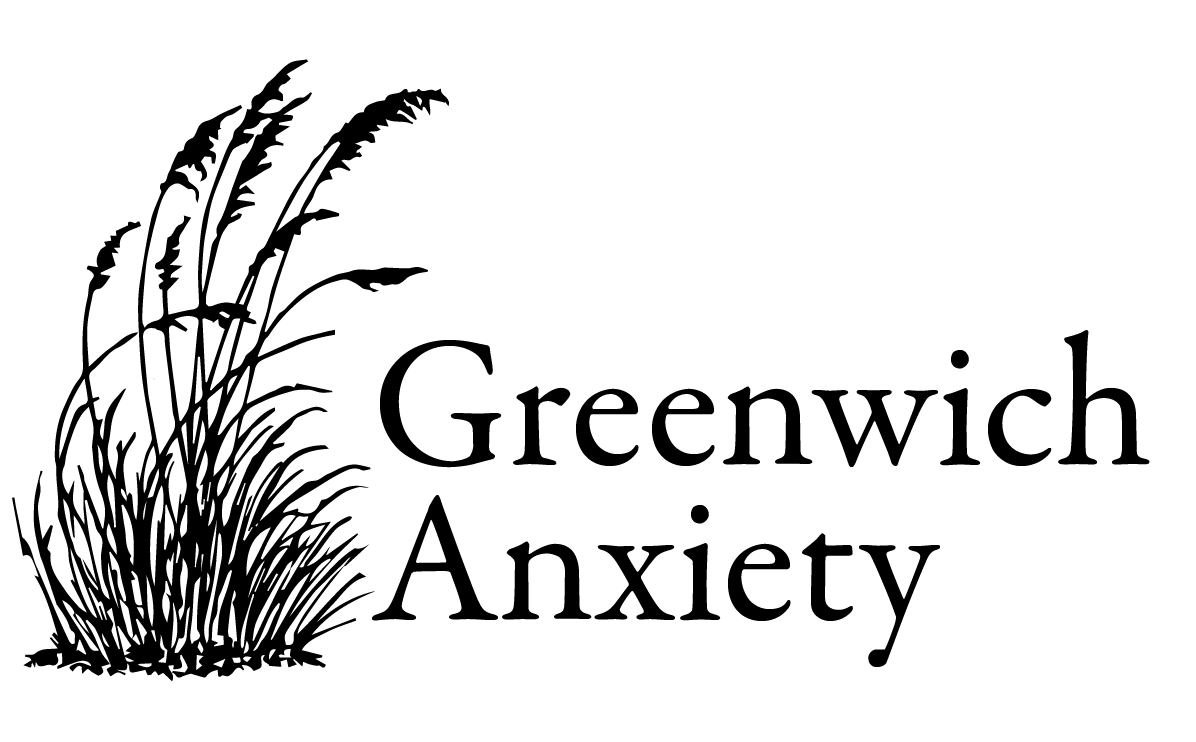Understanding Anxiety in Children
Anxiety is a normal part of childhood and adolescence, with fears and worries evolving as a child grows and matures. However, when anxiety becomes so overwhelming that it starts to interfere with your child’s daily life, it can be a cause for concern. It’s crucial for parents to recognize the signs of problematic anxiety in children and understand how to provide effective support.
Recognizing Symptoms of Anxiety in Children
Anxiety can manifest differently in children compared to adults. Kids might not have the language or understanding to express their feelings, and their worries might seem irrational or disproportionate from an adult perspective. Here are some common signs of anxiety in children:
- Physical Symptoms: Headaches, stomachaches, fatigue, and sleep disturbances can all be symptoms of anxiety. If your child frequently complains of these issues without an apparent physical cause, it might be a sign of underlying anxiety.
- Avoidance Behaviors: If your child is avoiding situations or activities that they used to enjoy or regularly engage in, this could signal anxiety. Examples include avoiding school, social events, or certain places.
- Excessive Worry: All children worry, but if your child’s worries seem disproportionate to the situation or if they’re worrying about things far in the future, this could be a sign of anxiety.
- Difficulty Concentrating: Anxiety can make it hard for children to focus on tasks. If your child is having trouble paying attention at school or during activities at home, consider whether anxiety might be a factor.
Communicating About Anxiety
Open communication is an essential part of supporting a child with anxiety. Encourage your child to express their feelings and reassure them that it’s okay to feel anxious. Let them know that everyone experiences fear and worry at times, and that you’re there to support them.
Make sure to validate their feelings rather than minimizing or dismissing them. Even if their fears seem irrational to you, they’re very real to your child. By acknowledging their feelings, you can help your child feel heard and understood.
Helping Your Child Manage Anxiety
There are several strategies you can use to help your child manage anxiety:
- Teach Coping Skills: Techniques such as deep breathing, progressive muscle relaxation, and grounding exercises can help your child manage feelings of anxiety.
- Encourage Healthy Habits: Regular exercise, a balanced diet, and adequate sleep can all help reduce anxiety.
- Promote Problem-Solving: Encourage your child to identify what’s causing their anxiety and brainstorm potential solutions. This can help them feel more in control.
- Use Books and Stories: There are many books and resources available that can help children understand and manage anxiety.
When to Seek Professional Help
If your child’s anxiety is severe, persistent, or is significantly interfering with their daily life, it might be time to seek professional help. A mental health professional can provide a thorough evaluation, make a diagnosis if needed, and guide you through the process of finding appropriate treatments, which could include cognitive-behavioral therapy, medication, or a combination of both.
Supporting Your Anxious Child
Remember, anxiety is treatable, and children can learn to manage their symptoms with the right support. Your understanding, patience, and encouragement can make a significant difference in your child’s experience with anxiety. By recognizing the signs and providing support, you can help your child navigate their anxiety and build resilience for the future.




Comments
0 Comments